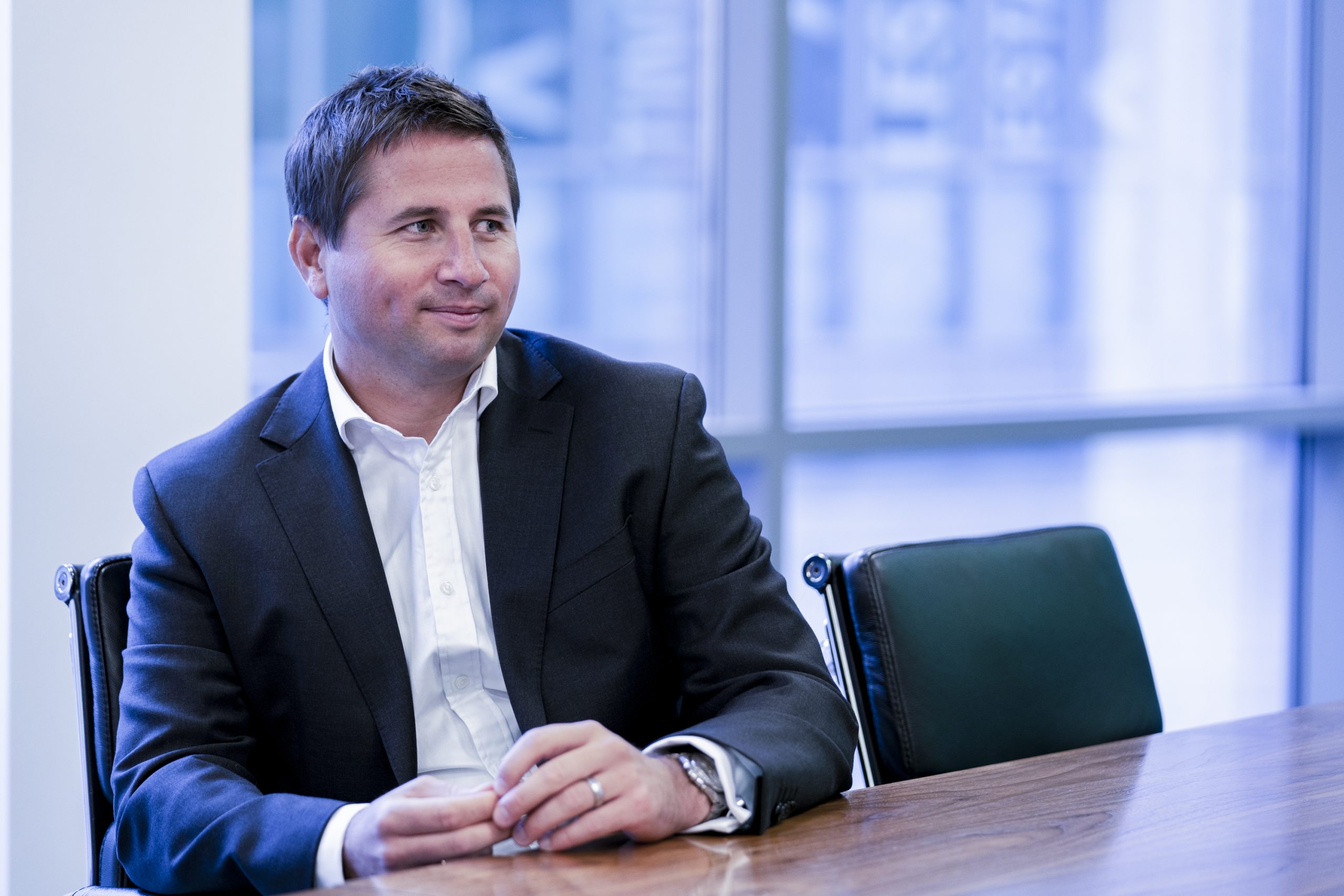The COVID-19 pandemic and its far-reaching implications has sent shockwaves across the world. The restrictions and distancing measures have been a steep learning curve for all of us, from the way we work, to the way we interact with our family and friends, to the way we run our businesses. It’s forced many businesses to adjust and adapt at a considerably accelerated pace – almost overnight.

Adapting to the new norm
The pandemic is set to transform the way we do things for a significant amount of time and will undoubtedly change our new ‘normal’. But what this new norm will look like – for businesses, individuals, society, and general life as we know it – is still unclear, as is its longevity.
But what is clear is the inevitability of change, in that all of us must adapt to a new way of operating in one way or another.
Contingency planning and collaboration
The current situation has proved just how vital collaboration is, from a commercial and a personal point of view, helping many of us navigate the uncertainty in one way or another. From a commercial point of view, agile working processes have been well established across our firm for a long time now, and we have invested considerably in the systems and processes that we rely upon even more so in these recent times.
In the last two years we have appointed non-accountancy based operational heads to run the various support elements of our business, this has improved the efficiency of our infrastructure and helped to encourage change, whilst harnessing greater expertise. We’ve also focused heavily on remote working and virtual meetings, to stop the need for unnecessary travel, save time and make a small but meaningful contribution to the climate debate. We have developed and launched an integrated team member process, aimed at ensuring our team feel fully integrated with the business and its strategy.
Each of these have proved vital in our transition to a completely remote business, minimising disruption as our staff relocated from office to home office overnight. As a result, it is becoming increasingly apparent that some of the adjustments we have made as a business may be with us for the long term. Whilst highlighting how robust our systems were, the speed at which we have had to adapt to new ways of working has shown us the practical limits of working at home to some tasks and will prove invaluable when developing future plans.
Ensuring resilience
In these circumstances, businesses should be continually assessing both short- and long-term risks, but also look for opportunities. They should take the appropriate action to assure business continuity whilst communicating and collaborating appropriately with team members
As a business we have been taking stock of the present situation, listening to what our staff and clients have to say and considering what we can learn from this. Will it change the way we provide our services? Undoubtedly yes. What has worked well for us, and similarly, what has not? Will it change the way businesses interact in the future? We would be ignorant to believe that the current situation will not have a lasting impact upon ourselves and our clients and we must all be receptive to future changes.
Maintaining a high level of client service whilst protecting the welfare of our staff and clients has always and will continue to be of paramount importance to us. I have been humbled how Team Smith Cooper has come together through this period and we are keen to harness that effort to ensure that we come out of this stronger.
During this time we are keen to support our clients and fellow business owners as well as the wider business community in any way that we can, so please do not hesitate to get in touch if you need advice and we will endeavour to help as much as we can.

